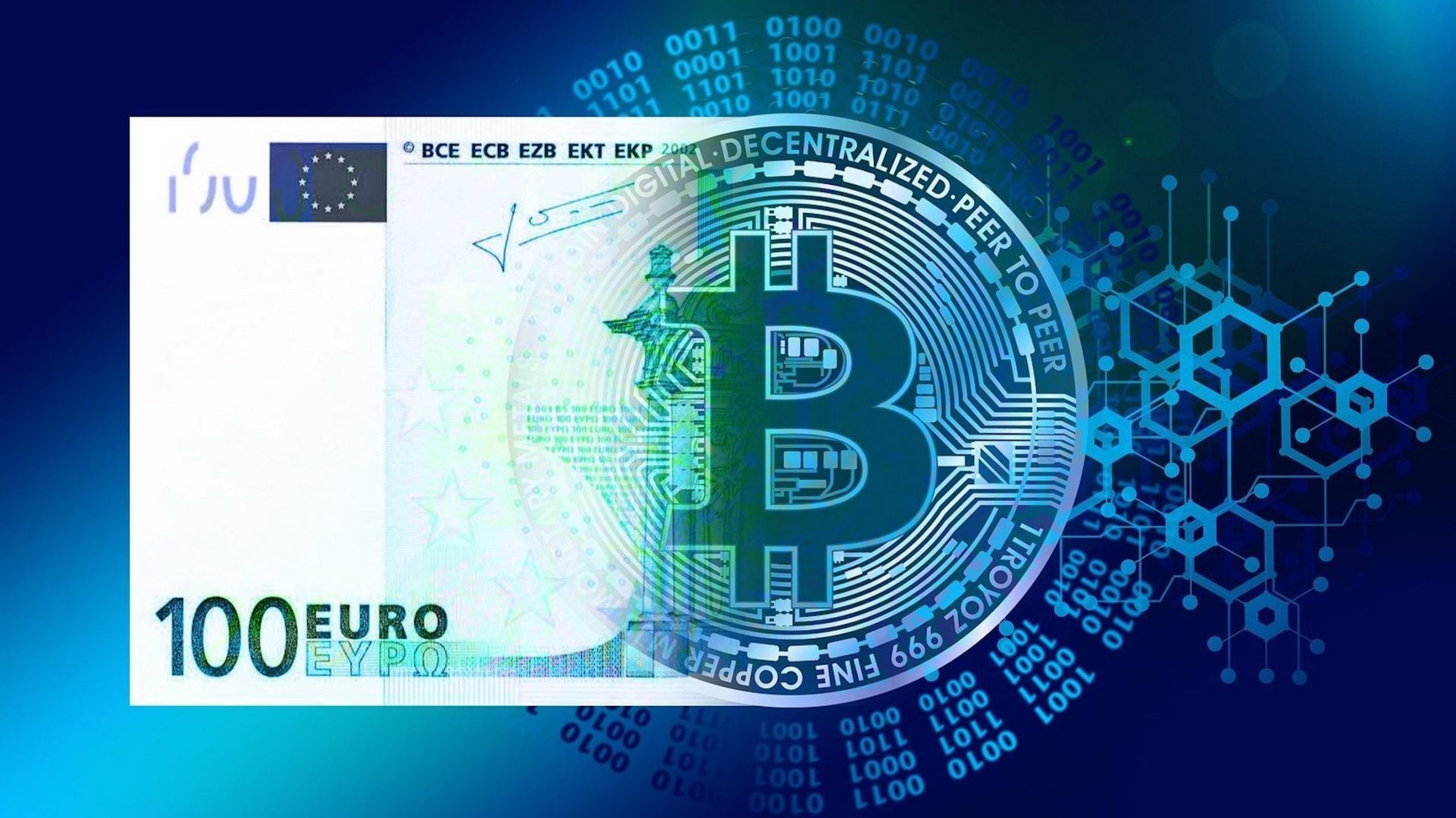The European Central Bank (ECB) is making progress in its efforts to create a digital version of the euro as cash usage declines and China accelerates testing its e-yuan.
The central bank announced a two-year test that will look at “key issues related to the design and distribution” of the digital euro and analyze the potential market impact.
The final decision on whether to introduce digital euros will come in later years, reports cnn.
“Given the digital transformation that has the potential to transform payments and even the entire financial system, central banks need to be bold and keep pace with the times,” said Fabio Panetta, a member of the ECB’s executive board.
The digital euro would not replace cash, but would work the same way, Telegrafi reports.

Instead of paying for goods or services with money or bank cards, Europeans can use the electronic money form, issued by the European Central Bank or national central banks in a digital portfolio.
Panetta said the central bank will try to start developing the digital euro after the end of the investigation period. This next process “could take about three years”, putting Europe on the path to potentially introducing a digital currency in 2026.
The ECB acknowledges that “many questions need to be answered” before the introduction of the digital euro.
But the central bank believes it is worth exploring “to ensure that in the digital age, citizens and businesses continue to have access to the safest form of money, central bank money,” said President Christine Lagarde.
It is also clear that the ECB is concerned about the consequences of waiting too long to act, reports Telegrafi.
In a speech last month, Francois Vilroa de Gallo, the governor of the French central bank, said that “central bank money can be set aside as cash use is reduced and new digital coins and signs appear.”
Europe has started to take the digital euro more seriously after Facebook unveiled plans to create a digital currency in 2019.
He stressed China’s progress in launching the digital yuan, which is already available in a large number of Chinese cities.
“The danger is clear that Europe will lose momentum not only in its efforts to strengthen the international role of the euro, but also in its preservation,” he said.
But some experts doubt that digital euros are needed, given how many consumers make transactions using credit or debit cards or mobile payment services.
U.S. Federal Reserve officials are also discussing the possibility of creating a digital dollar, even though they are moving more cautiously than their European counterparts.
Randall Quarles, chairman of the Federal Reserve, said last month that any proposal to create a digital currency for the central bank should clean up the “high scale”.
He noted that the US dollar was already “highly digitalized” and dismissed the idea that the US should act only because other jurisdictions were moving.




